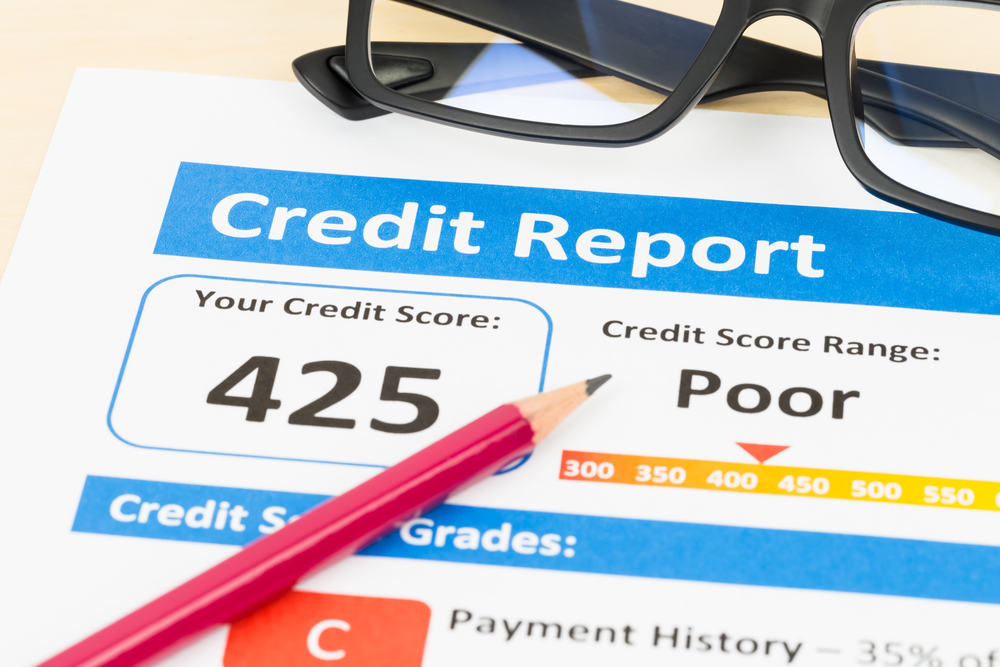What is a Hard Money Loan?
The phrase hard money loan has a negative connotation for many people. Maybe that’s because it sounds too good to be true.
Hard money’s bad reputation is also due to predatory lenders who preyed on homeowners years ago in an attempt to recoup their properties when loans weren’t repaid. They offered very risky, even shady, loans and many people took the bait.
Fortunately, these lenders are no longer able to operate today. The truth of the matter is that this type of loan has and will continue to provide opportunities to homeowners and investors.
If you’ve heard of hard money loans, but aren’t exactly sure what they involve, keep reading. We’re going over what they are and how they can be beneficial.
The Basics of a Hard Money Loan
Also called bridge loans, hard money loans are meant to provide quick cash to real estate investors or homeowners. They’re typically issued by private lenders instead of large banks.
These are short-term loans that don’t require the borrower to have great credit. In fact, lenders typically don’t even pay attention to an applicant’s financial history. Instead, they use the value of the property as collateral against the loan.
Because a person’s credit score isn’t considered, hard money loans can be approved and issued very quickly. However, borrowers have much less time to pay back the loan. If they default, the lender can seize the property to recoup the money.
It’s important to understand that a hard money loan isn’t for everyone. However, if used correctly, they can be a great resource for people wanting to secure their financial situation or those needing capital to get a project off the ground.
Advantages Borrowers Enjoy
To quote Benjamin Franklin, “If you would know the value of money, go and try to borrow some; for he that goes a borrowing goes a sorrowing.” This seems like good advice, but it definitely doesn’t apply to many hard money borrowers.
Because a hard money loan is structured differently than a traditional bank loan, it carries several advantages. These benefits give borrowers much more freedom.
A primary benefit is the convenience surrounding the application and approval process. Because lenders aren’t looking at an applicant’s credit score, the loan can go through very quickly. With a traditional bank loan, it could take months.
Another huge benefit is flexibility concerning repayment terms. Remember, these are private investors, which means you have more wiggle room to negotiate.
Finally, many lenders will sometimes allow borrowers to use other personal assets as collateral instead of the property. This is great if your home is in disrepair and you need money to fix it up.
Interest Rates
The primary downside of hard money loans is interest rates. They’re typically higher than those attached to a traditional bank loan.
This is due to the fact that lenders must take on more risk. As a way of protecting themselves, they need to increase rates. They’re usually between 10% and 15%. This will change based on the lender and the value of the property in question.
It’s important to keep in mind that hard money loan interest rates will vary based on where you live. States with a large number of hard money lenders will have lower interest rates due to tougher competition.
Situations Where Hard Money Lending Can Help
Home prices have been trending up. According to the U.S. Census Bureau, the median price of a new house sold in May 2019 was $308,000. This means people will need more money to cover down payments.
Home flippers who buy homes, refurbish them, and then sell them for a profit must have quick capital when a home they want comes on the market. It simply doesn’t make sense for them to jump through the hoops required to get a traditional bank loan. Instead, they can use hard money loans to make quick purchases, sell the home, and repay the loan.
Hard money loans are also perfect for real estate investors looking to start a construction project. They can’t put the project on hold while they wait for a bank to complete the approval process. Working with a hard money lender means they get the capital they need right away.
Finally, these loans are helpful for individuals who want to own their own home but have bad credit. As long as they follow the repayment terms, they can enjoy living in a house they love without dealing with a bank.
Resources:
https://www.census.gov/construction/nrs/pdf/newressales.pdf
















this article is really group. Hard money is very well explained anyone can understand this easily